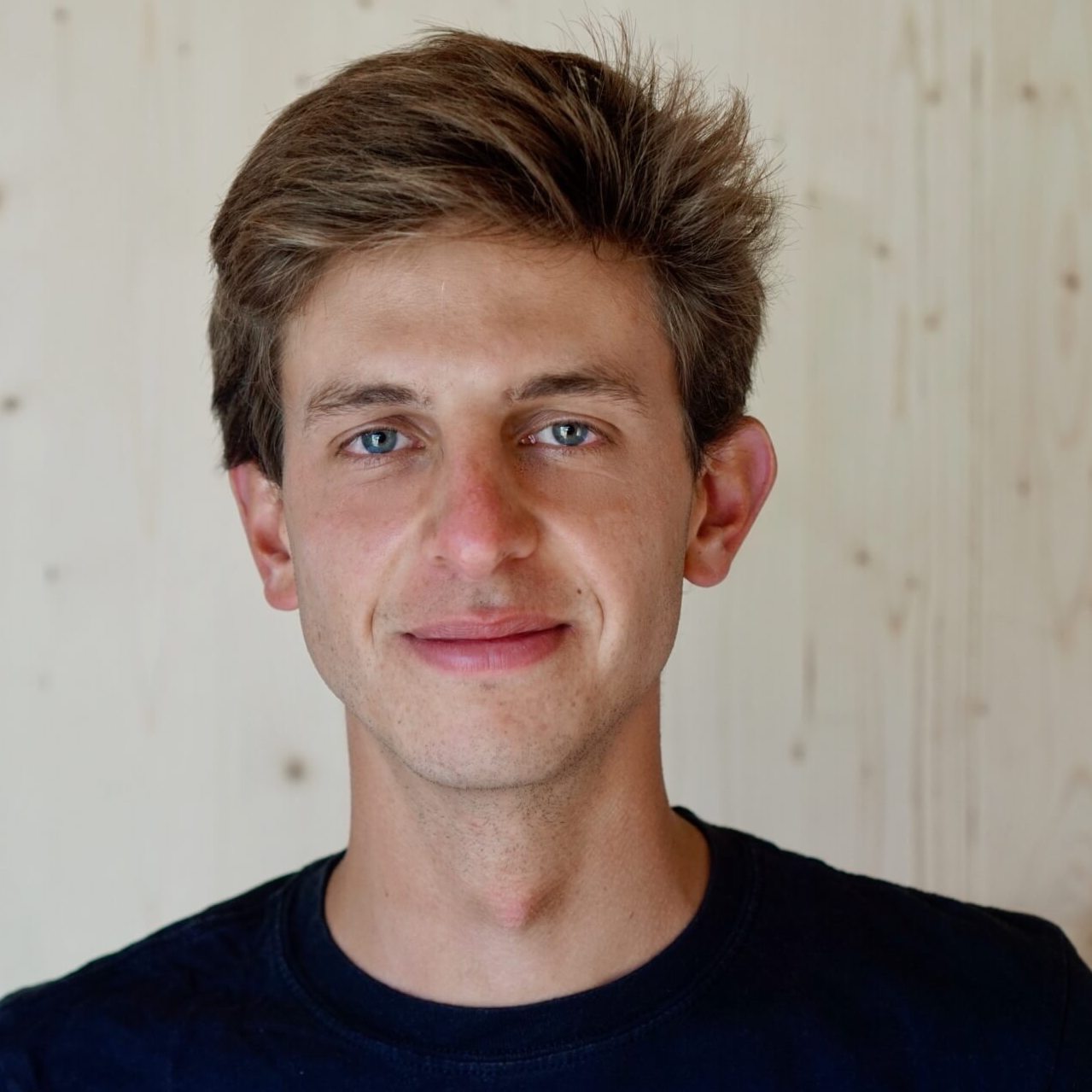
The creative revolution
What ails creatives, from God to AI
We could see the history of creativity as follow:
God
300 years ago, nobody was creative. Nobody but God.
The first appearance of the word “creativity” comes from A N Whitehead: "In Creation, we have God and his Creativity". [1]
God was the Creator, and his “creativity” was infinite.
From God to Geniuses - Early 1900s
The word kept its strictly religious meaning for 200 years, until Einstein and Picasso. [2]
Scientific and artistic geniuses, who could dream up worlds from nothing, creatio ex nihilo, were compared to God. They had creativity too.
From Geniuses to Everybody - 1950s
After the Second World War, US researchers claimed that the layman also had “creativity”. [3]
Creativity came from combining existing ideas, not “out of nothing”, ex nihilo nihil.
Getting inspired, combining ideas, then creating them, formed a “creative process”.
A process reproducible and achievable by everybody.
Now creativity wasn’t reserved strictly to geniuses.
Neuroscientists started measuring creative brains.
High creativity appeared correlated to 3 brain networks fired in quick succession. [4]
Creativity became quantifiable and everybody could be ranked on a creative scale.
From Everybody to Markets - 2000s
With the internet revolution, creativity was deemed a necessary skill for companies to innovate, compete and therefore stay alive.
Creativity became a company value, one that you can put up on walls. An imperative in neoliberal capitalism.
The world’s most valued companies sought to associate their brands with Creativity, through their:
products: Apple
work culture: Google
processes: Microsoft
Eventually, a new “creative class” emerged. [5]
“Creatives”, individual embodiments of creativity, were valuable for companies to outpace and outshine competitors.
And it wasn’t enough to create, creatives had to create a lot.
Creatives needed to combine creativity with productivity.
I’m part of that creative class. I’ve felt that pressure. And Supercreative is a byproduct of that era.
From Markets to AI - 2020s
Last year, we saw how AI could be creative for us, assisting us in composing new ideas and creating:
article outlines
blog post covers
music for short films
scripts for tiktok videos
improved profile pictures
automatic email responses
summaries of books we’ll never read
and the list grows rapidly, as new tools emerge
No need to be creative now. Right?
Well, I’ve had trouble sleeping recently.
The thing that I valued most, my creativity, now seemed commoditized by this new set of AI-assisted creative tools, including (but not limited to) DALL-E, ChatGPT or Notion AI.
So, do we still need to be creative?
Consequences for creatives
For self-expressive creative tasks, like writing this article, we want (and need) to leverage our own creativity. Creative AI tools only act as copilots. This really makes us super creative.
For non-expressive tasks, like writing a keyword-optimized article, we don’t have to be creative at all. Notion AI, for instance, is the creative force, and we act as copilots. Roles are flipped.
In that sense, AI tools are making creativity a commodity. And like any other tools: those who know how to master them get a lot more value and can become super creative.
For most people, these new creative AIs are like toys. For other people, they're valuable tools. And the super powers you get from mastering the art of a good prompt are insane.

I feel godlike when I use Dall-E.
Going back to the need of the “creative class” to be productive: this is it! We can be 100x faster.
I feel like Prometheus with fire. Frankenstein with electricity. The modern creative with AI.
We can be endlessly inspired. “Inspiration” means “to breath in from a spirit, a God”. And the "enthusiasm" we feel when getting inspired etymologically means “to have god within”. Our allusions to God’s original Creativity will stay here.
Creative AI tools are the new museums. "Museum” etymologically means the place of muses, a place to get inspired. AIs like ChatGPT is like directly speaking to the muses. The dream of co-creation, inspired by a divine force.
God, creativity and humanity
So how far are we from God now?
You can see how creativity is a concept that has evolved time and time again. In fact, it has gone through a revolution (from latin revolvere, to loop back). We took creativity from God, and now we're gods too.
I’m friends with a catholic priest, and even though I’m not religious, I thought it would be interesting to share the draft of this article with him.
His reaction surprised me: he was rejoiced by AI!
In all of our technical prowess, he said we were celebrating God. That our new tools helped us spread His creativity, His beauty in the world we live in.
AI puts humanity’s best face forward: as a giant, beautiful, creative force in the universe.
Footnotes
[1, 2, 3]: The rise and rise of creativity: https://aeon.co/essays/how-did-creativity-become-an-engine-of-economic-growth
[4] Robust prediction of individual creative ability frombrain functional connectivity, Roger Beaty et al, 2017 https://www.pnas.org/doi/pdf/10.1073/pnas.1713532115
[5]: Creative Class, Richard Florida, Wikipedia: https://en.wikipedia.org/wiki/Creative_class

Created by Ben Issen
Based in Paris, Ben founded Supercreative. With his team, he creates tools and videos to help creatives be more productive. Prior to that, he worked at Webflow and launched a design agency. @ben_issen
Published:
Mar 2, 2023
Time to create:
20 hours
Time to share:
1 hours
Reading time:
3 minutes
Recommended next





